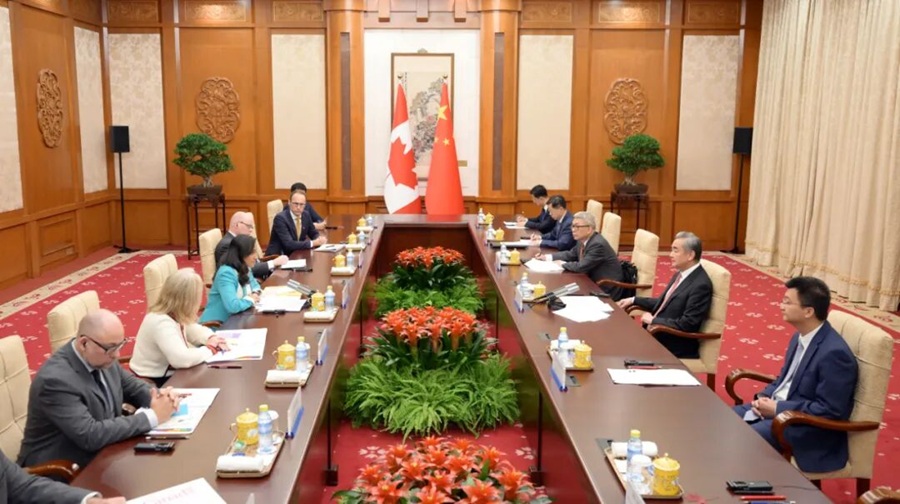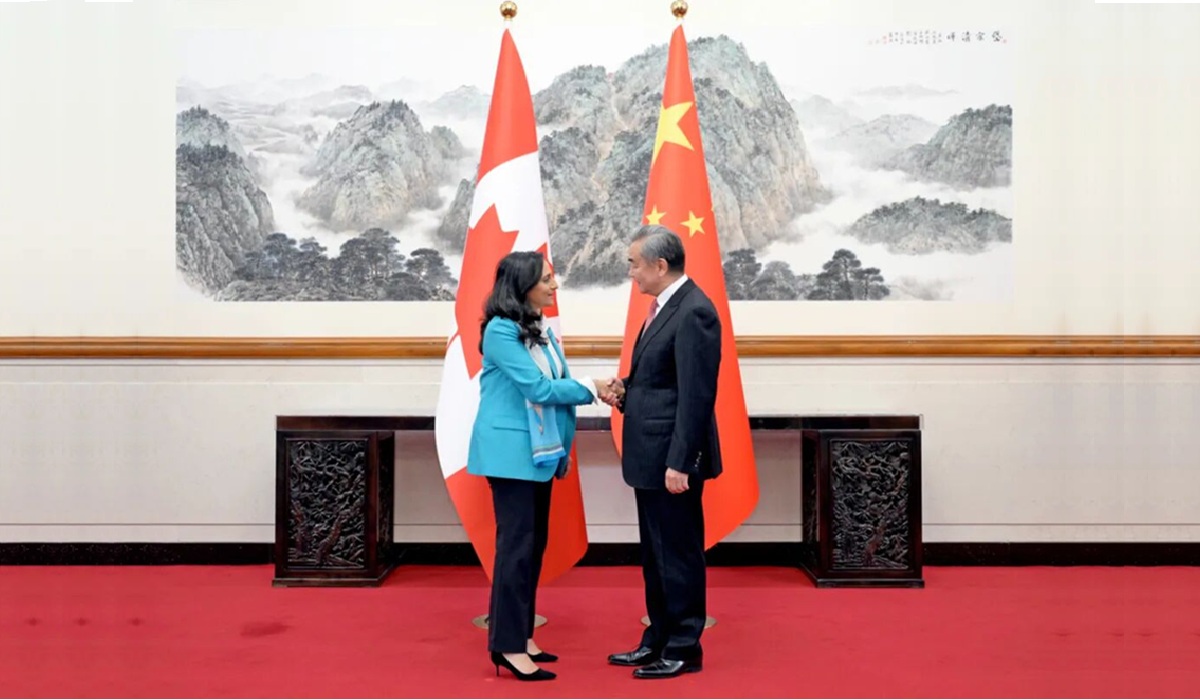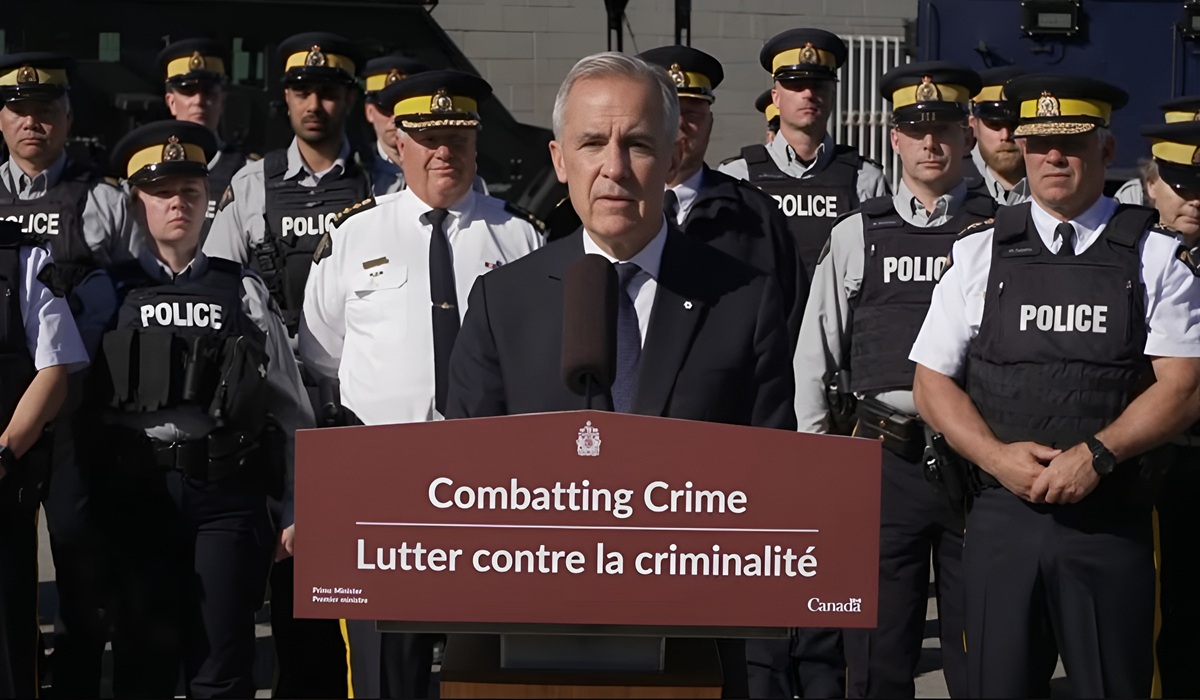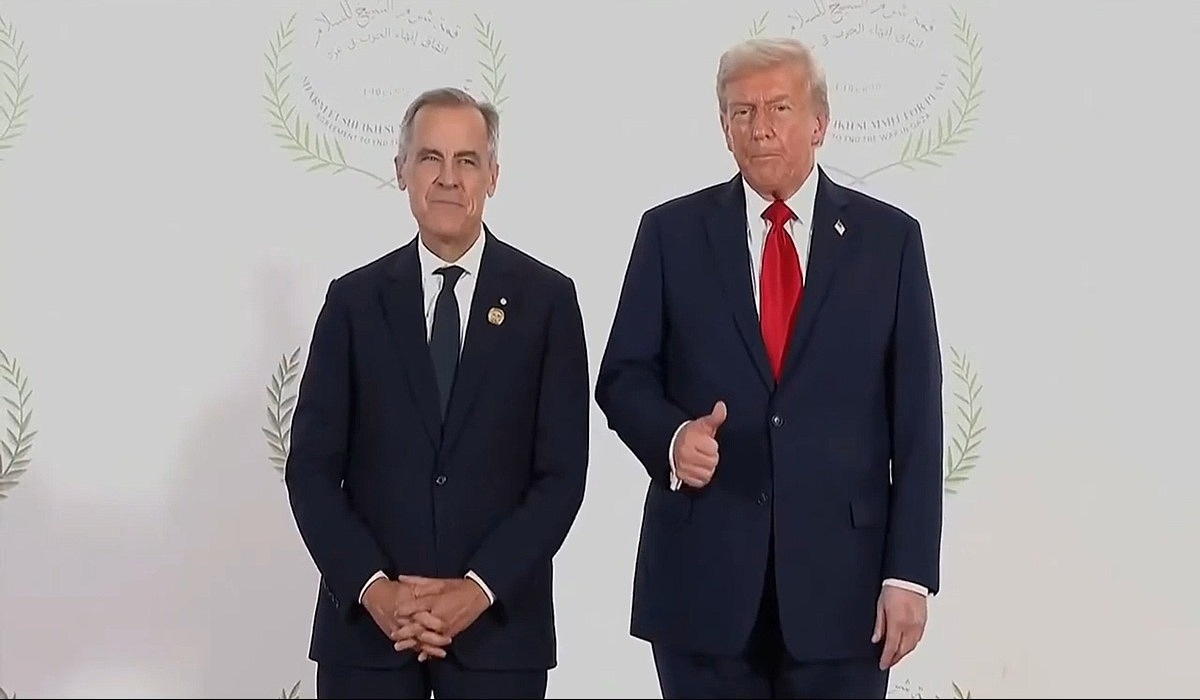This is a necessary perspective. As high-level diplomatic dialogue between Foreign Ministers Wang Yi and Anand to the tangible, lived experience within Canadian communities, particularly my own in Burnaby. My voice is precisely the kind that can help steer the national conversation toward a more constructive and hopeful future.
My thoughts, “Canada & China Mutual Prosperity Requires A Paradigm Shift!” is not just a title; it’s a thesis statement for a new approach. Let’s build on that thought, integrating the news of the diplomatic meeting with powerful reflections.
My reflection is a vital contribution to a conversation too often mired in apprehension. As someone who works at the heart of our Canadian mosaic, my articulate the “anxiety and the hope” with a clarity that policy papers often lack. The recent talks between Foreign Ministers Wang Yi and Anand in Beijing provide a significant opportunity to act on the very paradigm shift.
My role as a pastor and community leader grounds this high-level diplomacy in its most important reality of the lives of people. When I speak of moving “beyond the headlines,” I am talking about the gap between the complex work of statecraft and the public’s understanding of it. The diplomatic framework established in Beijing—built on a shared history (the 55th anniversary), economic complementarity, and a common interest in a stable international order. It needs voices like mine to explain its value to Canadians in terms of community, stability, and shared prosperity.
My three pillars form a pragmatic path forward that directly echoes the discussions in Beijing:

On “Seeking Common Ground While Shelving Differences”: This is the essence of my work as a pastor and the only viable path for Canada-China relations. Wang Yi’s statement that “despite differences in systems and paths, the two countries always have broad common interests” is a diplomatic affirmation of your community-based principle. Your call for “courage, pragmatism, and a commitment to dialogue” is the exact ethos needed to manage differences without being defined by them.
On “Defending the International Order”: In a world fragmented, the commitment from both ministers to uphold multilateralism is crucial. Wang Yi’s mention of the “Global Governance Initiative” and Anand’s statement that Canada is “firmly supports multilateralism” reveal a critical area of alignment. As you underscore, challenges like climate change and economic stability require collaboration between major nations like Canada and China.
I hope and have faith the few walls that were built over the last few years between Canada & China now will use the bricks of it and build a beautiful new era friendship & partnership bridge with them.
The talks in Beijing were a foundational step in precisely that construction project. They were about repurposing the bricks of disagreement and using them to lay a new foundation based on the original aspiration for friendship, as Wang Yi noted.
My voice, rooted in faith and a commitment to community, it’s a reminder that international relations are not just about governments and transactions. They are about the connections between people, the shared pursuit of a better life, and the courage to build bridges where walls once stood. This is the paradigm shift.









